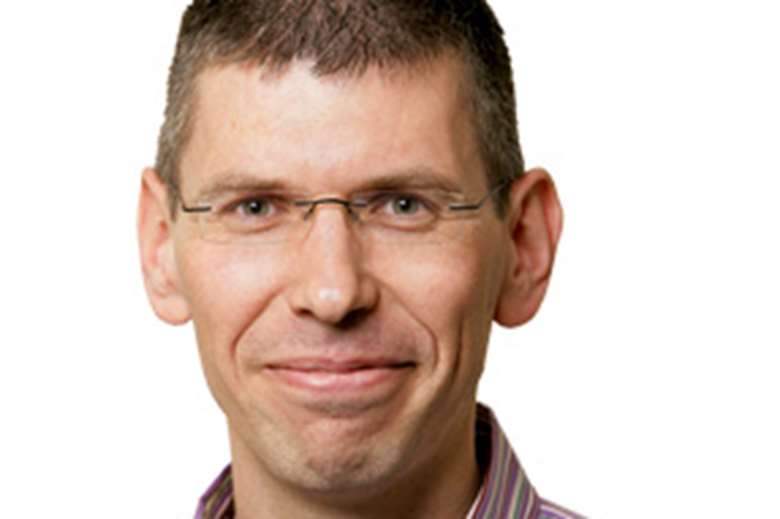Leadership: Cuts compel us more than ever to act smart and intervene early
Michael Bracey
Monday, January 24, 2011
It does not much matter how we got here. The issue facing us now is what to do about the huge cuts that have to be made to children's services.

In the short term, money has to be saved. Children's services have already had to respond to significant in-year reductions to both revenue and capital grants. Now it is the frontloading of cuts to local authority budgets that present children's services leaders with an even bigger problem.
Marion Davis, president of the Association of Director's of Children's Services, was right when she described the local government finance settlement as not leaving councils with much room to manoeuvre in making smart, rather than quick, savings.
The smartest of savings we can make have to be to invest more in early intervention with fewer children and young people needing to be supported by expensive services later on.
But getting upstream, where we act early to avert families getting into crises at the deep end, is not easy. The first challenge is that we do not have an agreed definition of what constitutes early intervention. Some will advocate getting involved earlier in the emergence of a particular problem. Others will tell you it is all about getting involved earlier in a child's life.
The second challenge is that many professionals do not want to consider that their service or intervention might only be able to treat the symptoms and not the cause.
However it might be defined or interpreted, one thing is for sure: early intervention definitely is not about doing more of the same just at a different time.
Faced with the largest spending reductions for a generation, our efforts now need to go into developing a new system that enables evidence-based interventions that nip problems in the bud to be delivered with precision and predictability.
Here in Milton Keynes we are attempting to do just this. For us, form needs to follow function. So we are not talking to our leadership team about restructuring. Instead, the focus is on interventions: what they should be, when we should make them and how we should measure success.
It is hard work. Critics have pointed to the "spray and pray" approach taken to providing many services for children and young people in the past. It is now time to take a long, hard look at our services and interventions, many of which have been sustained by regulation and funding streams instead of evidence that they work or are even needed.
Moving to a new system that in many ways is more controlled and measured will not be welcomed by everyone. Tightly prescribing when something should be done and only allowing the use of evidence-based approaches delivered in a particular way will surely meet some resistance.
As with most challenges, there are also opportunities here. It might be unprecedented budget cuts that are driving us upstream and towards only funding those interventions that are most likely to deliver results. But if we are really serious about breaking the cycle of deprivation and disadvantage, it is a place we should have been heading anyway.
Michael Bracey is assistant director of children and young people's services for Milton Keynes Council
HOW TO PREPARE YOUR SERVICES FOR CUTS
- Focus on outcomes. Identify precisely what needs to be achieved and develop well matched services and interventions. Resist thinking you have to work with what you have got; you do not
- Think about evidencing success. It is never too soon to agree the evaluation criteria and performance indicators that you will use to measure progress. Once set, ensure a robust system is in place to hold professionals to account for their performance
- Quantify money saved, not just money spent. Decide how you will calculate return on investment and share this information alongside how much services are costing. This information will be invaluable in defending important services
- Be realistic. Recognise that embracing new ways of working is not easy, especially when it involves letting go of established practice or giving up resources
- Do not go for the quick win. It is relatively easy to produce a new organisational structure and claim that as evidence of change. Real change means investing time and energy in considering why the organisation needs to exist and what it needs to do - and adapting it accordingly





